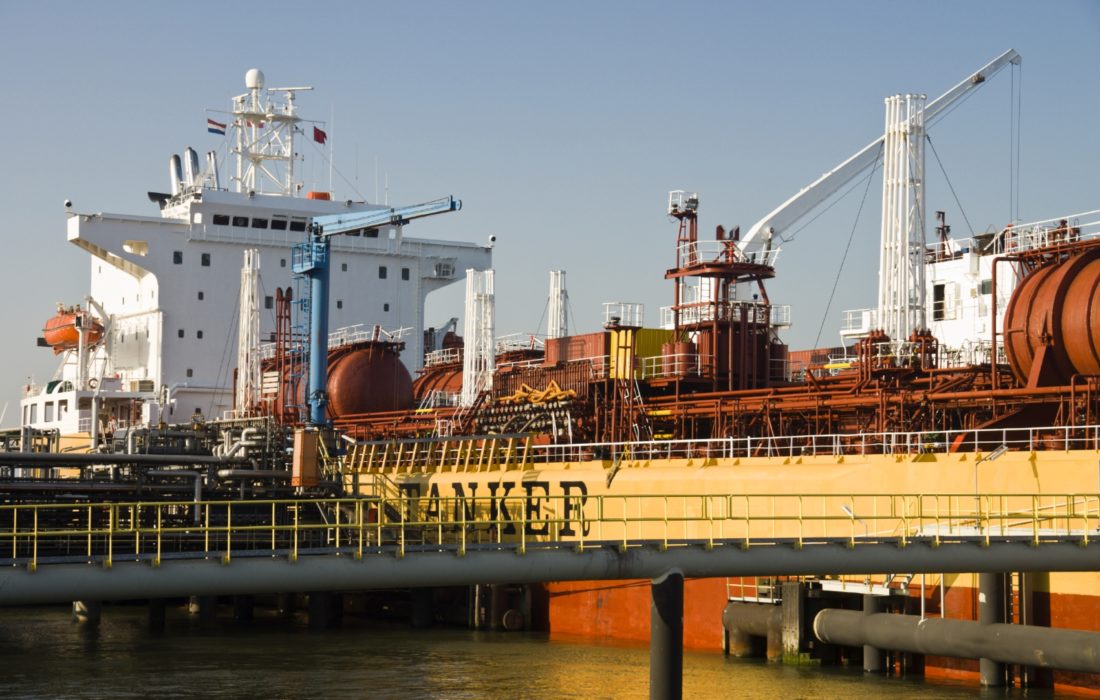
IBC Code 2021 amendments part of a wider response to maritime environmental concerns.
Changes part of a bigger picture of environmental protection
There is much media focus on shipping and the sea. Whether it is the lifeblood of international trade through global maritime cargo transportation, the leisure and tourism industry’s cruise liner segment, or plastic pollution of the oceans, maritime environmental matters are under the spotlight.
A climate emergency has been declared by the World Wildlife Fund (WWF) and increased activism, particularly by younger generations is grabbing headlines worldwide. Concerns about general atmospheric pollution from burning bunkers, the risk to passengers on cruise ships from exhaust pollutants, and the vast amounts of plastic entering the sea are clearly in keeping with the mood of the times.
13 – 17 May 2019, the IMO Marine Environment Protection Committee (MEPC), 74th session was held. This was a gathering of some significance as it was intended to advance action and planning for several areas of maritime environmental concern.
Agenda items included finalizing changes to MARPOL in three areas:
- Use of electronic record books
- Cargo residues and tank washings of persistent floating noxious liquid substances
- EEDI regulations for ice-strengthened ships
Other direct environmental topics included the reduction of greenhouse gases from ships, the Sulphur 2020 limit and following up on the IMO Action Plan to address marine plastic litter from ships.
From the perspective of tanker shipping, perhaps the most important items to be considered were the IBC Code 2021 amendments, redefining the handling and safety requirements effective for cargoes loaded after 1 January 2021.
IBC Code regulations are something of an indirect environmental issue; incorrect handling and poor safety often leads to accidental discharge and pollution. Consequently, it is possible to see that IBC Code 2021 is part of the bigger picture of a wider response to environmental protection concerns.
The key amendments adopted which form the IBC Code 2021 changes:
- 86% of the 845 Product Names listed in Chapters 17 & 18 of the IBC Code will be changing handling and safety requirements effective for cargoes loaded after 1 January 2021.
- Many of the changes could be considered insignificant, but there may be some cargoes that have been listed on a ship’s COF that will no longer be allowed to be carried on the same ship after 1 January 2021.
- The number of Toxic cargoes in Chapter 17 of the IBC code will increase from 231 to 429 cargoes, including cargoes such as Methanol, Diethylene Glycol, MIBK, Nonyl alcohol, n-Propyl Alcohol, Octanol and many others.
- Effective January 1, 2021 a long list of persistent floater cargoes including vegetable oils and fats, paraffins and waxes will require Prewash after discharge in NW European ports.
- The area includes ports north of Gibraltar and east of the west coast of Ireland, and ports in the North, Norwegian and Baltic Seas.
- These products will be identified in Chapter 17 of the IBC Code with a new paragraph 16.2.7 in column “o”.
Experience that reduces risk with necessary regulation
The Vice President of the Q88 Milbros business unit, Capt. Soren C. Ibsen, is a delegate to the IMO Pollution Prevention and Response (PPR) sub-committee and Evaluation of Safety and Pollution Hazards (ESPH) working group. With more than 40 years’ experience in the Chemical, Product and Crude Oil tanker trades he provides invaluable input that helps shape new regulations.
At the MEPC 74th session Capt. Ibsen was a contributing participant in the Drafting Group for Amendments to Mandatory Instruments, including the IBC Code and MARPOL Annex II. This was the culmination of a process that has been ongoing over the last 5 years where Capt. Ibsen has been a continual presence, monitoring and contributing to the changes.
Imposing excessive regulation on any type of industry can burden it with unnecessary requirements. Capt. Ibsen uses his seat at the table to bring his vast experience to help shape maritime regulations and guidance that are realistic and workable for the industry, while balancing safety, environmental protection and risk reduction.
Be 2021 IBC Code ready with Milbros
Recent up-dating of Milbros introduced the IBC Code 2021 feature, accessed through a dedicated tab in the application. This tab has been updated with the final version adopted at MEPC 74. This is set to maintain Milbros’ position as providing the most up-to-date information on good authority.
With Milbros, liquid cargo shipping companies don’t just have access to the latest cargo handling and safety information. More than that, it is information you can trust. 24/7 and from any suitable internet connected device, Milbros customers have access to the essential data, all in one place at their fingertips.
Simply signup today and gain access to information on 13,751 commodities, related cargo handling information, UV Graphs and more. Unlock the full feature set with a Premium Subscription.

